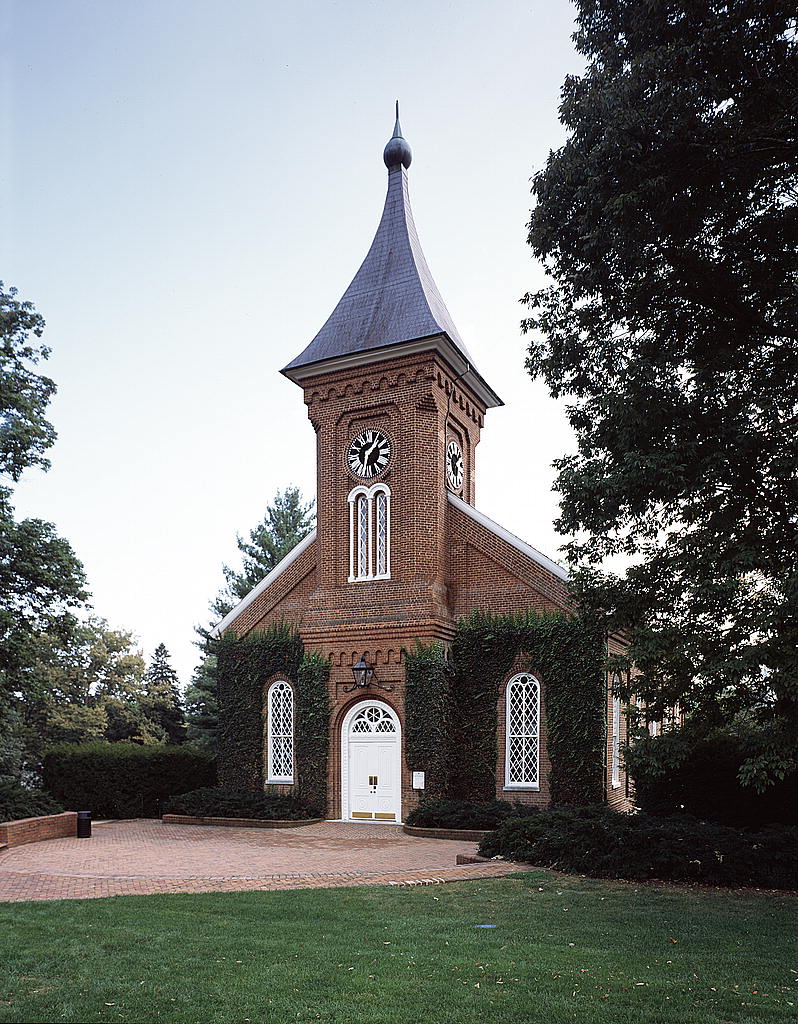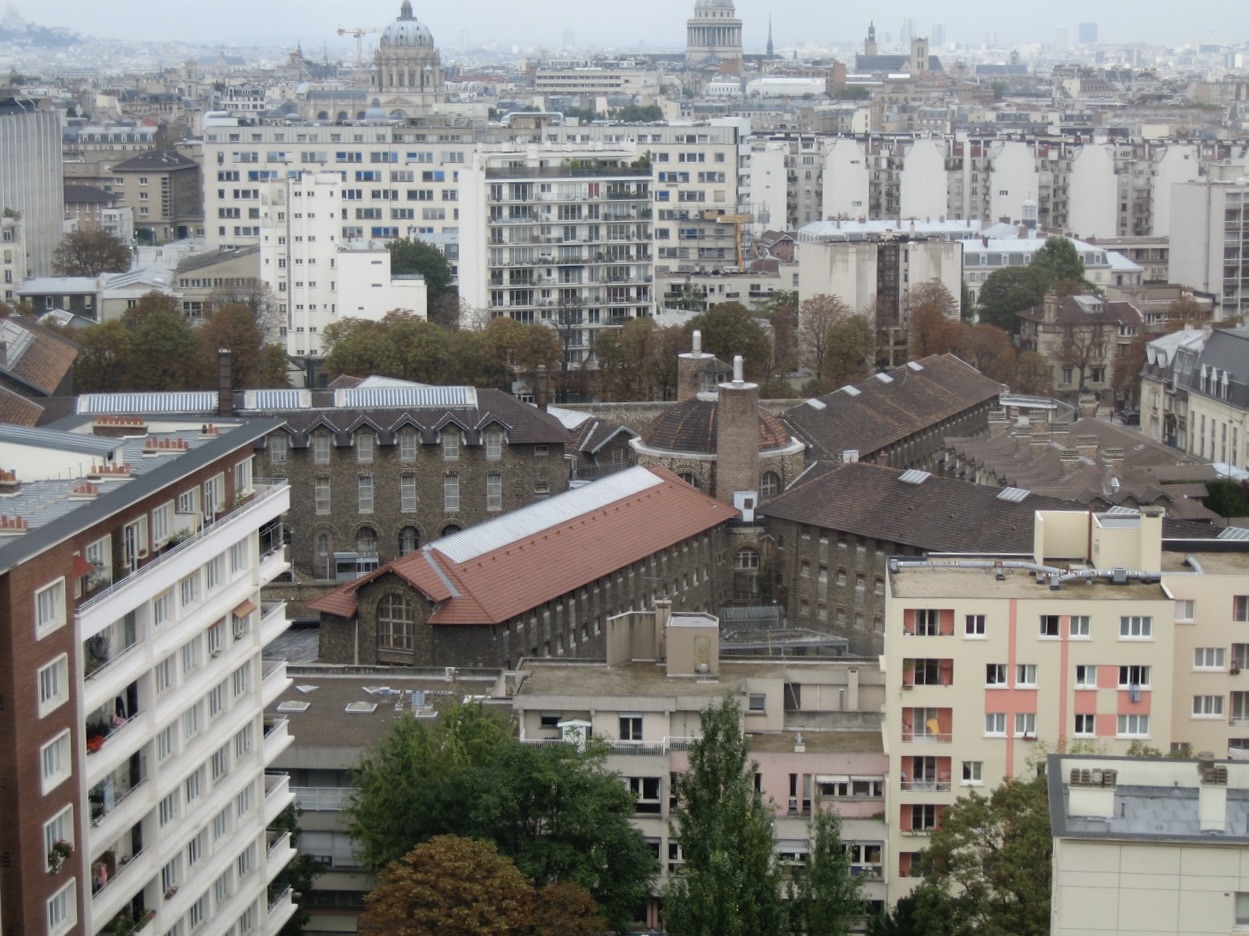|
Robert Paxton
Robert Owen Paxton (born June 15, 1932) is an American political scientist and historian specializing in Vichy France, fascism, and Europe during the World War II era. He is Mellon Professor Emeritus of Social Science in the Department of History at Columbia University. Early life Paxton was born on June 15, 1932, in Lexington, Virginia. After attending secondary school in New England, he received a B.A. from Washington and Lee University in 1954. Later, he won a Rhodes Scholarship and spent two years earning an M.A. at Merton College, Oxford, where he studied under historians including James Joll and John Roberts (historian), John Roberts. He earned a Ph.D. from Harvard University in 1963. Career Paxton taught at the University of California, Berkeley and the State University of New York at Stony Brook before joining the faculty of Columbia University in 1969. He served there for the remainder of his career, retiring in 1997. He remains a professor emeritus. He has contribut ... [...More Info...] [...Related Items...] OR: [Wikipedia] [Google] [Baidu] |
Lexington, Virginia
Lexington is an independent city in the Commonwealth of Virginia. At the 2020 census, the population was 7,320. It is the county seat of Rockbridge County, although the two are separate jurisdictions. The Bureau of Economic Analysis combines the city of Lexington (along with nearby Buena Vista) with Rockbridge County for statistical purposes. Lexington is about east of the West Virginia border and is about north of Roanoke, Virginia. It was first settled in 1778. Lexington is the location of the Virginia Military Institute (VMI) and of Washington and Lee University (W&L). City Council History Lexington was named in 1778. It was the first of what would be many American places named after Lexington, Massachusetts, known for being the place at which the first shot was fired in the American Revolution. The Union General David Hunter led a raid on Virginia Military Institute during the American Civil War. Robert E. Lee and Thomas "Stonewall" Jackson are buried in the city ... [...More Info...] [...Related Items...] OR: [Wikipedia] [Google] [Baidu] |
State University Of New York At Stony Brook
Stony Brook University (SBU), officially the State University of New York at Stony Brook, is a public research university in Stony Brook, New York. Along with the University at Buffalo, it is one of the State University of New York system's two flagship institutions. Its campus consists of 213 buildings on over of land in Suffolk County and it is the largest public university (by area) in the state of New York. Opened in 1957 in Oyster Bay as the State University College on Long Island, the institution moved to Stony Brook in 1962. In 2001, Stony Brook was elected to the Association of American Universities, a selective group of major research universities in North America. It is also a member of the larger Universities Research Association. It is classified among "R1: Doctoral Universities – Very high research activity". Stony Brook University, in partnership with Battelle, manages Brookhaven National Laboratory, a national laboratory of the United States Departm ... [...More Info...] [...Related Items...] OR: [Wikipedia] [Google] [Baidu] |
Gaullism
Gaullism (french: link=no, Gaullisme) is a French political stance based on the thought and action of World War II French Resistance leader Charles de Gaulle, who would become the founding President of the Fifth French Republic. De Gaulle withdrew French forces from the NATO Command structure, forced the removal of Allied bases from France, and initiated France's own independent nuclear deterrent programme. His actions were predicated on the view that France would not be subordinate to other nations. According to Serge Berstein, Gaullism is "neither a doctrine nor a political ideology" and cannot be considered either left or right. Rather, "considering its historical progression, it is a pragmatic exercise of power that is neither free from contradictions nor of concessions to momentary necessity, even if the imperious word of the general gives to the practice of Gaullism the allure of a programme that seems profound and fully realised". Gaullism is "a peculiarly French phenome ... [...More Info...] [...Related Items...] OR: [Wikipedia] [Google] [Baidu] |
Marc Ferro
Marc Ferro (24 December 1924 – 21 April 2021) was a French historian. Life and career Ferro worked on early twentieth-century European history, specialising in the history of Russia and the USSR The Soviet Union,. officially the Union of Soviet Socialist Republics. (USSR),. was a transcontinental country that spanned much of Eurasia from 1922 to 1991. A flagship communist state, it was nominally a federal union of fifteen nationa ..., as well as the history of film, cinema. His Ukrainian-Jewish mother was murdered during the Holocaust. He was Director of Studies in Social Sciences at the École des hautes études en sciences sociales. He was a co-director of the French review ''Annales School, Annales'' and co-editor of the ''Journal of Contemporary History.'' He also directed and presented television documentaries on the rise of the Nazis, Lenin and the Russian Revolution of 1917, Russian revolution and on the representation of history in cinema. Ferro died fro ... [...More Info...] [...Related Items...] OR: [Wikipedia] [Google] [Baidu] |
France Culture
France Culture is a French public radio channel and part of Radio France. Its programming encompasses a wide variety of features on historical, philosophical, sociopolitical, and scientific themes (including debates, discussions, and documentaries), as well as literary readings, radio plays, and experimental productions. The channel is broadcast nationwide on FM and is also available online. History France Culture began life in 1945 as the Programme National of Radiodiffusion Française (RDF). Renamed France III in 1958 and RTF Promotion in 1963, the channel finally adopted its present name later in that same year. The Programme National had originally carried the bulk of French public radio's classical music output; however, since the establishment in 1953 of the specialized "high-fidelity" music channel which was to become today's France Musique France Musique is a French national public radio channel owned and operated by Radio France. It is devoted to the broadcasting of ... [...More Info...] [...Related Items...] OR: [Wikipedia] [Google] [Baidu] |
Maurice Papon
Maurice Papon (; 3 September 1910 – 17 February 2007) was a French civil servant who led the police in major prefectures from the 1930s to the 1960s, before he became a Gaullist politician. When he was secretary general for the police in Bordeaux during World War II, he participated in the deportation of more than 1,600 Jews. He is also known for his activities in the Algerian War (1954–1962), during which he tortured insurgent prisoners as prefect of the Constantinois department, and ordered, as prefect of the Paris police, the deadly repression of a pro- National Liberation Front (FLN) demonstration against a curfew that he had "advised." In 1961, Maurice Papon was personally awarded the Legion of Honour by French President Charles de Gaulle, whose government had been struggling with the FLN insurgency. Papon was also in charge of the Paris police during the Paris massacre of 1961 and the February 1962 massacre at the Charonne metro station, which took place during ... [...More Info...] [...Related Items...] OR: [Wikipedia] [Google] [Baidu] |
History Today
''History Today'' is an illustrated history magazine. Published monthly in London since January 1951, it presents serious and authoritative history to as wide a public as possible. The magazine covers all periods and geographical regions and publishes articles of traditional narrative history alongside new research and historiography. A sister publication ''History Review'', produced tri-annually until April 2012, provided information for sixth-form history students. History The magazine was founded after the Second World War, by Brendan Bracken, former Minister of Information, chairman of the ''Financial Times'' and close associate of Sir Winston Churchill. The magazine has been independently owned since 1981. The founding co-editors were Peter Quennell, a "dashing English man of letters", and Alan Hodge, former journalist at the ''Financial Times''. The website contains all the magazine's published content since 1951. A digital edition, available on a dedicated app, was launch ... [...More Info...] [...Related Items...] OR: [Wikipedia] [Google] [Baidu] |
May 1968 Events In France
Beginning in May 1968, a period of civil unrest occurred throughout France, lasting some seven weeks and punctuated by demonstrations, general strikes, as well as the occupation of universities and factories. At the height of events, which have since become known as May 68, the economy of France came to a halt. The protests reached such a point that political leaders feared civil war or revolution; the national government briefly ceased to function after President Charles de Gaulle secretly fled France to West Germany on the 29th. The protests are sometimes linked to similar movements that occurred around the same time worldwide and inspired a generation of protest art in the form of songs, imaginative graffiti, posters, and slogans. The unrest began with a series of far-left student occupation protests against capitalism, consumerism, American imperialism and traditional institutions. Heavy police repression of the protesters led France's trade union confederations to call ... [...More Info...] [...Related Items...] OR: [Wikipedia] [Google] [Baidu] |
Gabriel Auphan
Counter-admiral Gabriel Paul Auphan (November 4, 1894, Alès – April 16, 1982) was a French naval officer who became the State Secretary of the Navy (secrétaire d'État à la Marine) of the Vichy government from April to November 1942. Naval officer Entered the École navale in October 1911, enseigne de vaisseau in October 1914, he served on board ''Jeanne-d'Arc'' in the northern squadron, then in April 1915, in the Mediterranean where he participated to operations in the Dardanelles. In September 1915, assigned to the intelligence service established in an island in the Levantine Mediterranean, he organized a network covering the entire Levant. He continued to lead this mission as of August 1916, as second in command of aviso ''Laborieux'', then at Kastelórizo on the coast of Anatolia. Second in command of submarine in September 1917, he participated in campaigns in the Adriatic until the end of the war. In January 1919, he was sent to Rijeka to serve in the intelli ... [...More Info...] [...Related Items...] OR: [Wikipedia] [Google] [Baidu] |




